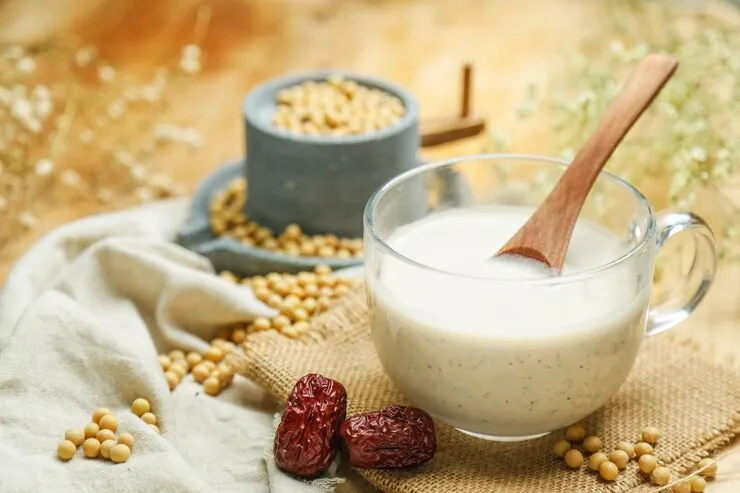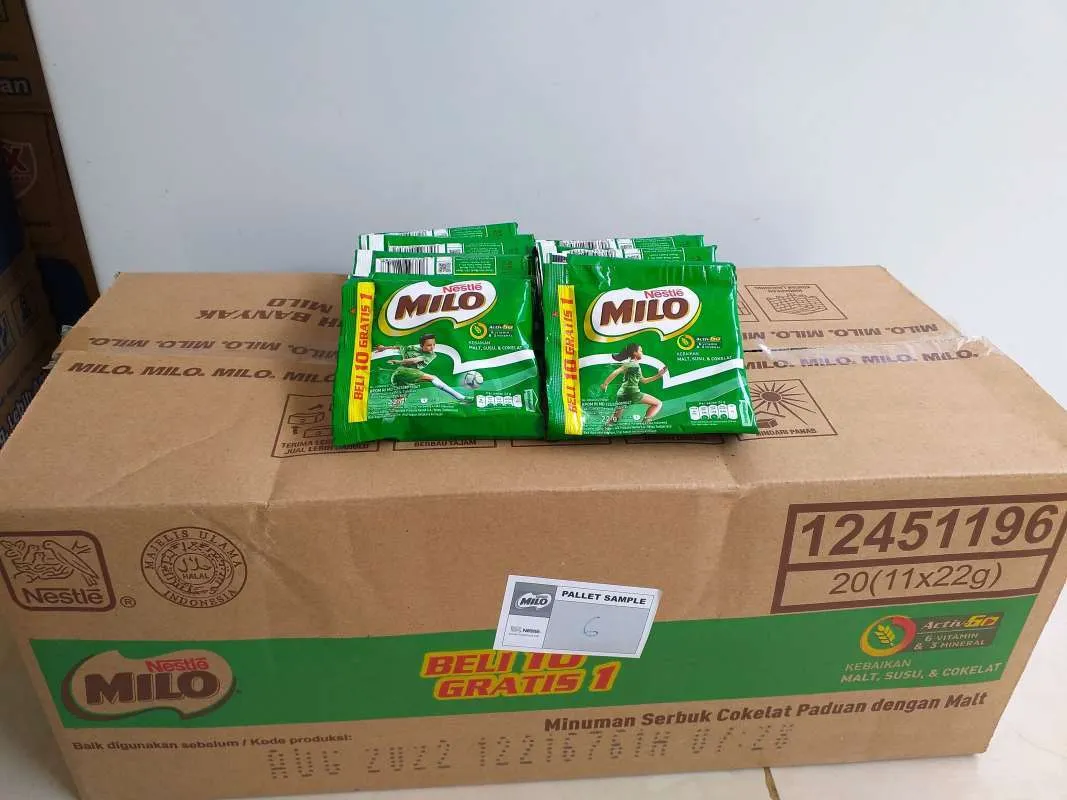What Postpartum Recovery Drink Tips Actually Work? Find Out Here!

- The Importance of Proper Hydration and Nutrition Postpartum
- Essential Nutrients for Postpartum Recovery Drinks
- Postpartum Recovery Drink Recipes That Actually Work
- Tips for Maximizing the Benefits of Postpartum Recovery Drinks
- Common Mistakes to Avoid with Postpartum Recovery Drinks
- The Role of Professional Guidance in Your Postpartum Recovery
- Long-Term Benefits of Proper Postpartum Nutrition
- Conclusion
- Frequently Asked Questions (FAQ)
Imagine this: you’ve just given birth to a beautiful baby, and while you’re overjoyed, you’re also exhausted, sore, and trying to navigate the new challenges of motherhood. Your body has been through an incredible journey, and now it’s time to focus on recovery. But here’s the problem: with so much conflicting advice out there, how do you know which postpartum recovery drink tips actually work? Don’t worry, we’ve got you covered. In this comprehensive guide, we’ll explore evidence-based strategies to help you nourish your body, boost your energy, and support your overall well-being during this critical time.
The Importance of Proper Hydration and Nutrition Postpartum
After childbirth, your body needs extra support to heal and recover. Proper hydration and nutrition play a crucial role in this process. Let’s dive into why these factors are so important:
Replenishing Fluids Lost During Childbirth
During labor and delivery, you lose a significant amount of fluids. This can lead to dehydration, which may cause fatigue, headaches, and even impact your milk production if you’re breastfeeding. Staying hydrated is essential for:
- Supporting your body’s healing processes
- Maintaining adequate milk supply
- Preventing constipation
- Boosting energy levels
Supporting Nutrient Demands
Your nutritional needs are higher than ever during the postpartum period, especially if you’re breastfeeding. Your body requires extra calories, proteins, vitamins, and minerals to:
- Promote tissue repair and wound healing
- Support milk production
- Maintain your own health and energy levels
- Aid in recovery from pregnancy and childbirth
Essential Nutrients for Postpartum Recovery Drinks
When it comes to postpartum recovery drinks, certain nutrients are particularly beneficial. Let’s explore the key components that can make a significant difference in your recovery:
Protein
Protein is crucial for tissue repair, wound healing, and maintaining muscle mass. It’s also essential for producing breast milk. Aim to include high-quality protein sources in your recovery drinks, such as:
- Whey protein
- Plant-based proteins (pea, hemp, or rice protein)
- Collagen peptides
Calcium and Vitamin D
During pregnancy and breastfeeding, your body’s calcium needs increase. Ensuring adequate calcium and vitamin D intake helps:
- Maintain bone density
- Support proper muscle function
- Aid in nerve signaling
Consider incorporating dairy or fortified plant-based milk alternatives into your recovery drinks.
Iron
Many women experience iron deficiency after childbirth due to blood loss. Iron-rich ingredients in your recovery drinks can help:
- Prevent fatigue and weakness
- Support cognitive function
- Boost immune system function
Look for iron-fortified ingredients or consider adding spinach or other leafy greens to your smoothies.
Omega-3 Fatty Acids
Omega-3s, particularly DHA, are crucial for:
- Supporting brain health (both yours and your baby’s if breastfeeding)
- Reducing inflammation
- Potentially lowering the risk of postpartum depression
Consider adding chia seeds, flaxseeds, or a high-quality fish oil supplement to your recovery drinks.
Antioxidants
Childbirth and the postpartum period can increase oxidative stress in your body. Antioxidant-rich ingredients help:
- Support your immune system
- Protect cells from damage
- Aid in overall recovery
Berries, dark leafy greens, and cocoa are excellent sources of antioxidants to include in your drinks.
Read This! Discover Natural Antioxidants in Beauty Drinks 2024
Postpartum Recovery Drink Recipes That Actually Work
Now that we understand the essential nutrients, let’s explore some effective postpartum recovery drink recipes that you can easily prepare at home:
1. The Nutrient-Packed Smoothie Bowl
This recipe is designed to provide a balance of protein, healthy fats, and antioxidants:
- 1 cup spinach
- 1/2 frozen banana
- 1/2 cup mixed berries
- 1 scoop vanilla protein powder
- 1 tbsp chia seeds
- 1 cup unsweetened almond milk
- Optional toppings: sliced almonds, coconut flakes, or a drizzle of honey
Blend all ingredients (except toppings) until smooth. Pour into a bowl and add toppings as desired.
2. The Hydration Hero
This drink focuses on replenishing electrolytes and providing gentle hydration:
- 2 cups coconut water
- 1/4 cup fresh lemon juice
- 1 tbsp honey
- 1/4 tsp pink Himalayan salt
- A few sprigs of fresh mint
Mix all ingredients in a pitcher and chill before serving. This refreshing drink helps restore electrolyte balance and provides a natural energy boost.
3. The Lactation Support Smoothie
For breastfeeding mothers, this smoothie is designed to support milk production:
- 1 cup oat milk
- 1 ripe banana
- 1 tbsp almond butter
- 1 tsp brewer’s yeast
- 1 tsp ground flaxseed
- 1/2 tsp cinnamon
- 1 cup spinach
- Ice cubes (optional)
Blend all ingredients until smooth. This nutrient-dense smoothie contains galactagogues, which may help boost milk supply.
4. The Anti-Inflammatory Elixir
This drink focuses on reducing inflammation and supporting overall recovery:
- 1 cup warm water
- 1-inch piece of fresh ginger, grated
- 1/2 tsp ground turmeric
- 1 tbsp apple cider vinegar
- 1 tsp honey
- A pinch of black pepper
Mix all ingredients in a mug and stir well. Enjoy this warm, soothing drink to help reduce inflammation and support digestion.
5. The Protein-Packed Iced Latte
For a caffeine boost with added nutrition:
- 1 cup cold brew coffee
- 1/2 cup milk of choice
- 1 scoop vanilla or chocolate protein powder
- 1 tsp MCT oil (optional)
- Ice cubes
Blend all ingredients until smooth. This drink provides a gentle energy boost along with protein for sustained energy and recovery support.

Tips for Maximizing the Benefits of Postpartum Recovery Drinks
To get the most out of your postpartum recovery drinks, consider these practical tips:
Timing Is Key
- Drink your recovery beverage within 30 minutes of waking to jumpstart your metabolism and hydration.
- Consider having a protein-rich drink shortly after breastfeeding to replenish nutrients.
Listen to Your Body
- Pay attention to how different ingredients make you feel. Some women may be sensitive to certain foods during the postpartum period.
- Adjust recipes based on your personal preferences and any dietary restrictions.
Quality Matters
- Use high-quality, whole food ingredients whenever possible.
- Consider organic options for ingredients like berries and leafy greens to minimize exposure to pesticides.
Stay Consistent
- Make your recovery drinks a regular part of your daily routine for the best results.
- Prepare ingredients in advance to make it easier to stick to your nutrition goals.
Complement with Whole Foods
- While recovery drinks are beneficial, they should complement a balanced diet rich in whole foods.
- Don’t rely solely on drinks for nutrition; aim for a variety of nutrient-dense foods throughout the day.
Common Mistakes to Avoid with Postpartum Recovery Drinks
While focusing on nutrition is important, it’s equally crucial to be aware of potential pitfalls:
Overloading on Sugar
- Be cautious with fruit-heavy smoothies, which can spike blood sugar levels.
- Use whole fruits rather than fruit juices, and balance with protein and healthy fats.
Neglecting Overall Hydration
- Recovery drinks shouldn’t replace regular water intake.
- Aim to drink water consistently throughout the day in addition to your specialized recovery beverages.
Ignoring Potential Allergens
- Be mindful of common allergens like dairy, soy, or nuts, especially if you’re breastfeeding.
- Introduce new ingredients gradually and watch for any reactions in your baby.
Relying Too Heavily on Supplements
- While some supplements can be beneficial, it’s best to get nutrients from whole food sources when possible.
- Consult with a healthcare provider before adding any new supplements to your diet.
Overlooking Caloric Intake
- Be mindful of the calorie content in your recovery drinks, especially if you’re trying to manage postpartum weight.
- Remember that breastfeeding mothers need extra calories, so don’t restrict too much.
The Role of Professional Guidance in Your Postpartum Recovery
While this guide provides a solid foundation for postpartum recovery drinks, it’s important to remember that every woman’s postpartum journey is unique. Consulting with healthcare professionals can provide personalized guidance:
Speak with Your OB-GYN or Midwife
- Discuss any specific nutritional needs based on your delivery experience and overall health.
- Get advice on safe ingredients, especially if you’re taking any medications.
Consult a Registered Dietitian
- A dietitian can help create a personalized nutrition plan that includes appropriate recovery drinks.
- They can address any specific dietary concerns or restrictions you may have.
Consider Lactation Consultant Support
- If you’re breastfeeding, a lactation consultant can provide insights on nutrition that supports milk production.
- They may offer specific recommendations for galactagogue-rich recovery drinks.
Long-Term Benefits of Proper Postpartum Nutrition
Investing in your nutrition during the postpartum period can have lasting benefits:
Faster Physical Recovery
- Proper nutrition supports wound healing and tissue repair, helping you recover more quickly from childbirth.
Improved Mental Health
- Nutrient-rich recovery drinks can support brain health and potentially reduce the risk of postpartum depression.
Better Energy Levels
- Balanced nutrition helps combat fatigue and provides sustained energy for the demands of new motherhood.
Stronger Immune System
- A well-nourished body is better equipped to fight off infections and illnesses.
Positive Habits for the Future
- Establishing good nutrition habits postpartum can set the foundation for long-term health and well-being.
Conclusion
The postpartum period is a time of immense change and adjustment. By focusing on evidence-based postpartum recovery drink tips, you’re taking an important step in supporting your body’s healing process and overall well-being. Remember, there’s no one-size-fits-all approach to postpartum nutrition. Experiment with different recipes, listen to your body, and don’t hesitate to seek professional guidance when needed.
Your postpartum journey is unique, and you deserve to feel nourished, energized, and supported every step of the way. By incorporating these nutrient-rich recovery drinks into your daily routine, you’re not just supporting your immediate recovery – you’re investing in your long-term health and vitality as a mother.
Frequently Asked Questions (FAQ)
- How soon after giving birth can I start incorporating recovery drinks into my diet?
You can start incorporating recovery drinks immediately after giving birth, as long as you feel comfortable and your healthcare provider approves. These drinks can help replenish fluids and nutrients lost during childbirth. - Are there any ingredients I should avoid in postpartum recovery drinks if I’m breastfeeding?
While most whole food ingredients are safe, it’s best to avoid excessive caffeine, alcohol, and any herbs or supplements not approved by your healthcare provider. Some women may need to be cautious with common allergens like dairy or soy. - How many recovery drinks should I consume per day?
There’s no strict rule, but aim for at least one nutrient-dense recovery drink per day, in addition to a balanced diet and plenty of water. Listen to your body and consult with a healthcare provider for personalized recommendations. - Can postpartum recovery drinks help with weight loss?
While recovery drinks can be part of a healthy postpartum diet, they’re primarily designed for nutrition and recovery, not weight loss. Focus on overall healthy eating habits and gradual, safe weight loss under the guidance of a healthcare provider. - Is it necessary to use protein powder in postpartum recovery drinks?
While protein powder can be a convenient way to boost protein intake, it’s not absolutely necessary. You can get adequate protein from whole food sources like Greek yogurt, silken tofu, or nut butters in your recovery drinks.



